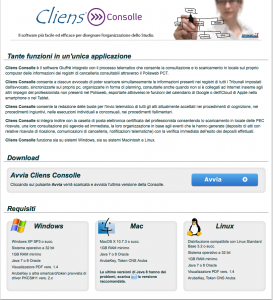The usual, questionable and acritical article raises “awareness” about the “danger” represented by the way Google handles the results of users’ queries, this time the “victims” being the “consumers”. The source of this article is a study supported by Yelp.
While I’m not a statistician, I wonder how is possible to give general credit to a study based on a “random sample” (no method to build the randomness is disclosed) of less than 3.000 people compared to the billions of users that daily query the web through Google, furthermore without taking into account the huge ethnic and cultural differences of the countries whose users come from.
And I wonder why the journalist wrote it ? without asking an independent expert opinion. She just released what ? seems just a summary of the study’s summary, without ? actual knowledge of the topics involved. In other words, this article is somehow in between disinformation and misinformation. And, to be clear, I’m not questioning the integrity of the journalist (for instance she duly exploited the Yelp’s involvement in the study);what I criticize is that she didn’t actually deliver informative contents. No matter if this comes from a poor grasping of the mathematics methods, or by way of a lack of knowledge of the digital business world. Fact is the her readers aren’t given sound information, and what they got, instead, is the usual “Is-Google-evil?” article that, from time to time, appears all around the net.
Moving to a general issue, at the end of the day, things are pretty straightforward: Google neither is perfect nor necessarily “friendly”, but if you dislike Google, just build a better one, instead of using spin, FUD and the law.
Of course, If you ????.
—
Post Scriptum: I neither work for Google, nor have other kind of involvements with it.


